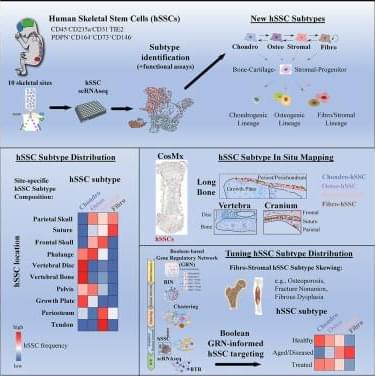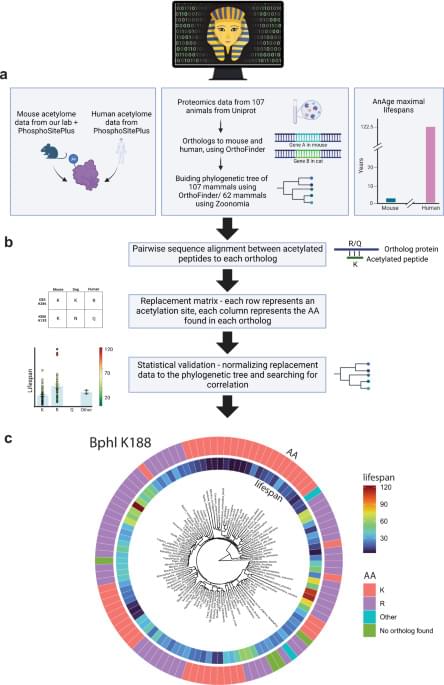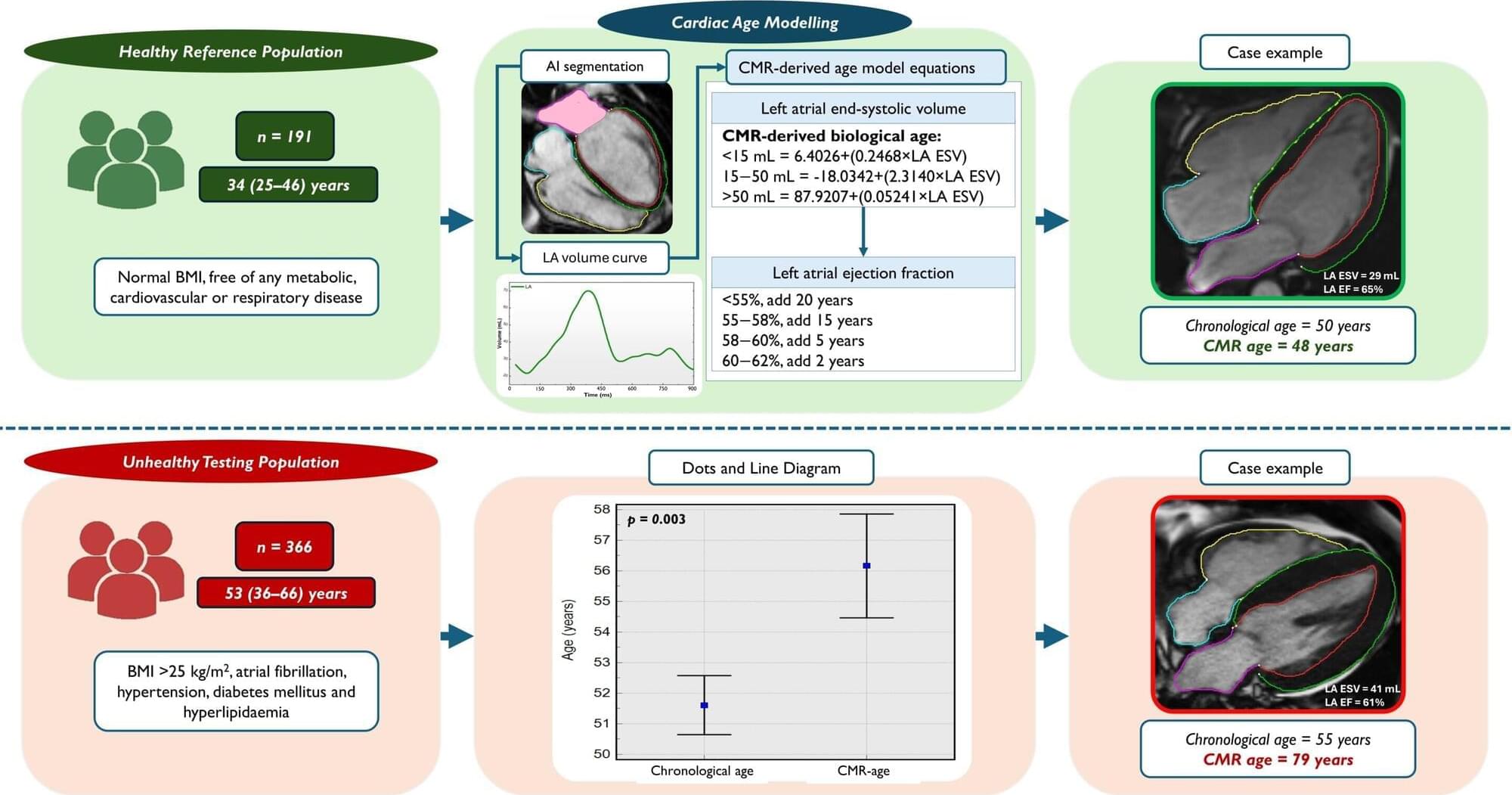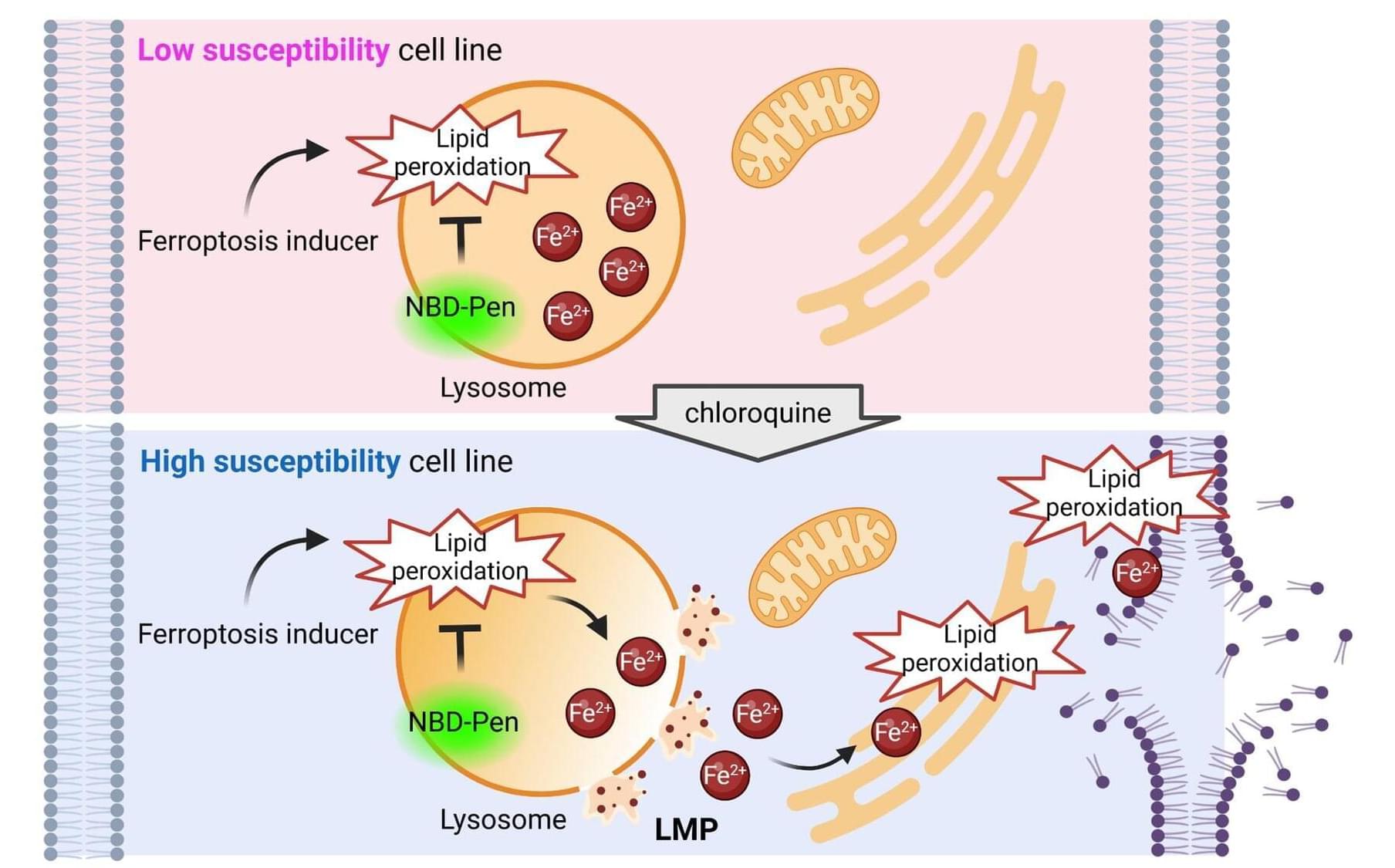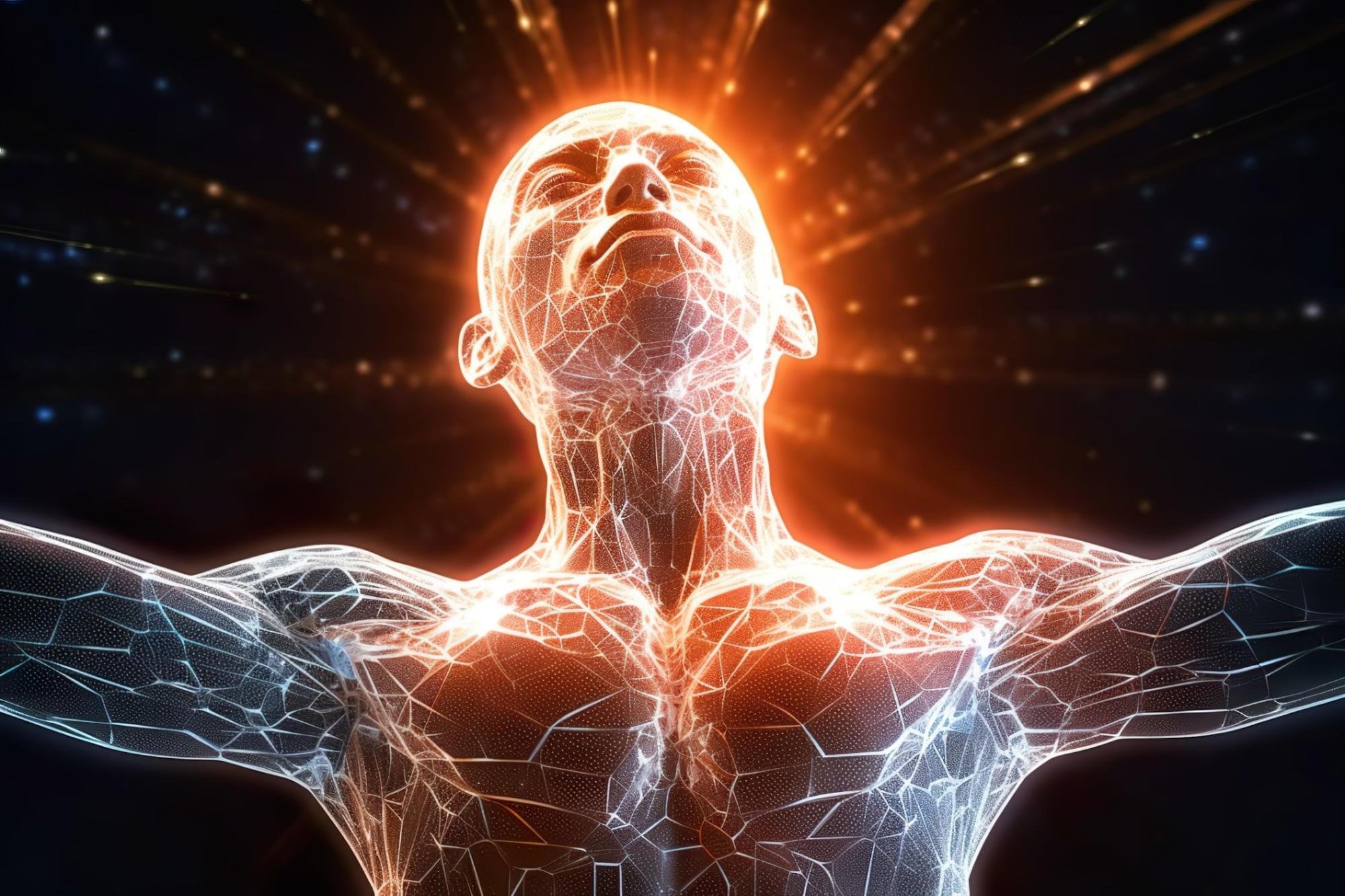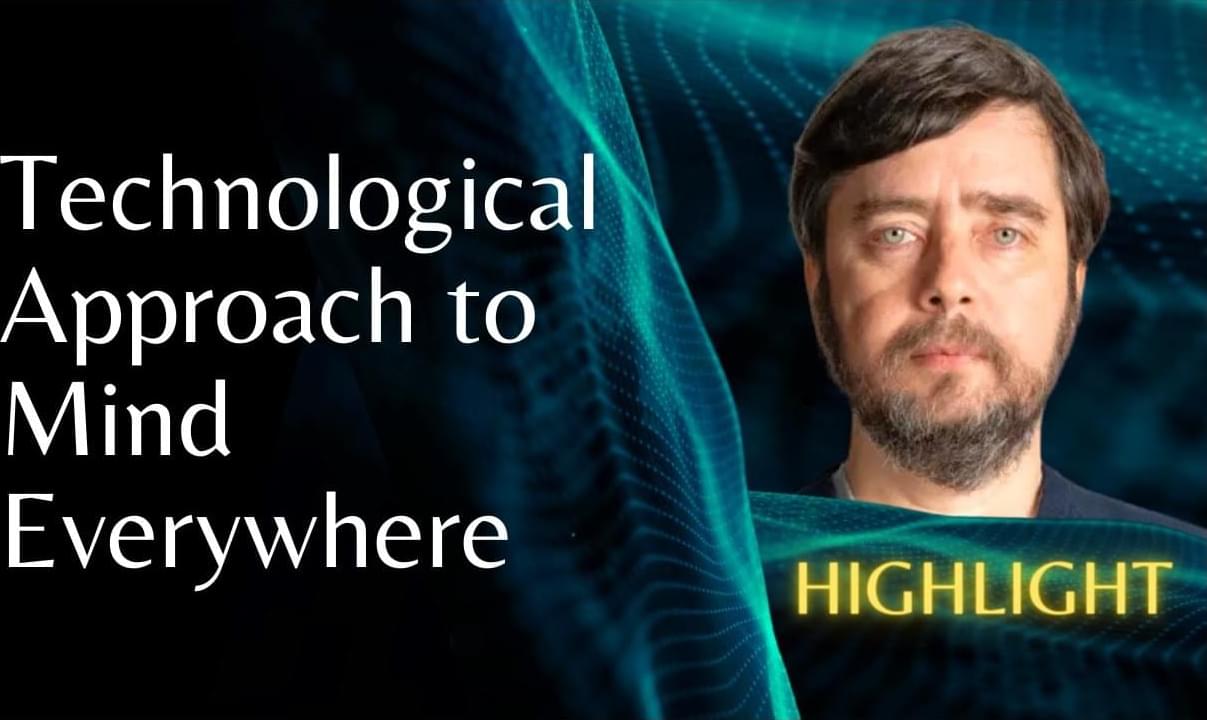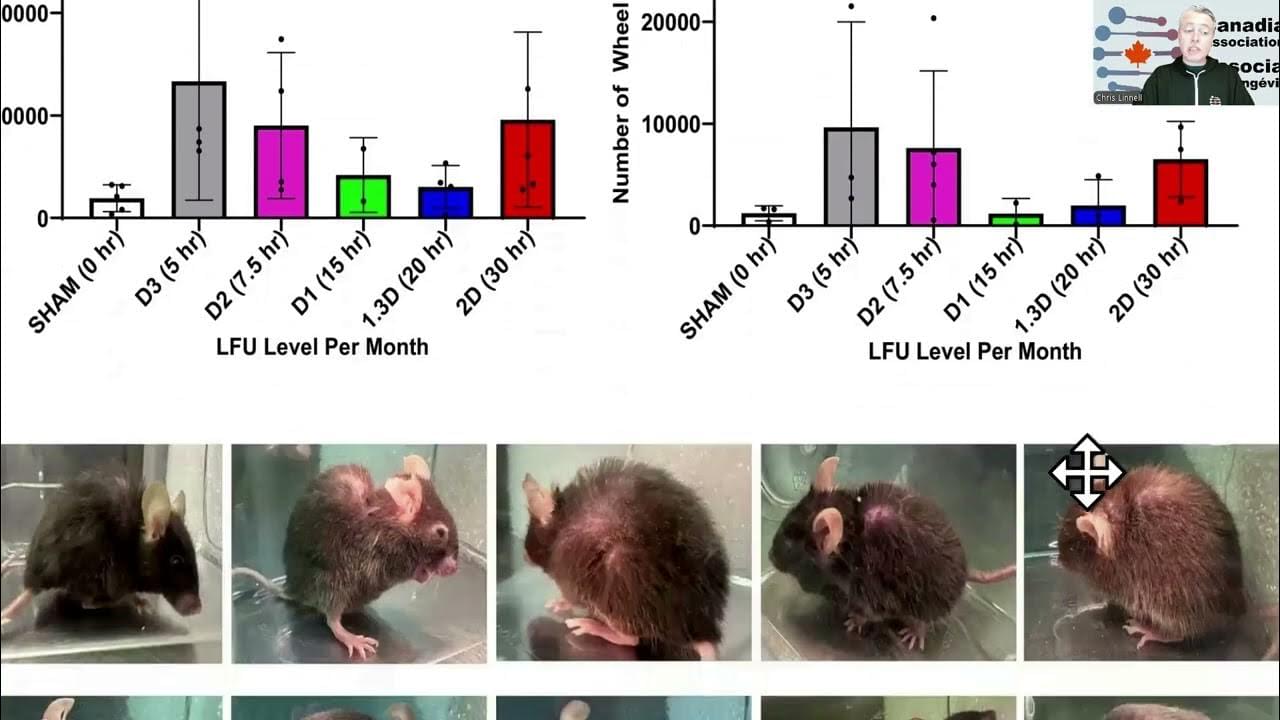Nicotinamide adenine dinucleotide (NAD) is a ubiquitous electron carrier essential for energy metabolism and post-translational modification of numerous regulatory proteins. Dysregulations of NAD metabolism are widely regarded as detrimental to health, with NAD depletion commonly implicated in aging. However, the extent to which cellular NAD concentration can decline without adverse consequences remains unclear. To investigate this, we generated a mouse model in which nicotinamide phosphoribosyltransferase (NAMPT)-mediated NAD+ biosynthesis was disrupted in adult skeletal muscle. The intervention resulted in an 85% reduction in muscle NAD+ abundance while maintaining tissue integrity and functionality, as demonstrated by preserved muscle morphology, contractility, and exercise tolerance. This absence of functional impairments was further supported by intact mitochondrial respiratory capacity and unaltered muscle transcriptomic and proteomic profiles. Furthermore, lifelong NAD depletion did not accelerate muscle aging or impair whole-body metabolism. Collectively, these findings suggest that NAD depletion does not contribute to age-related decline in skeletal muscle function.
#Aging #Longevity aging and longevity.
NAD depletion in skeletal muscle does not impair tissue integrity and function or accelerate aging, as shown in a mouse model with an 85% decrease in muscle NAD+ levels. Muscle structure, metabolism, and mitochondrial function remain unaffected, suggesting that NAD depletion does not drive age-related muscle decline.

